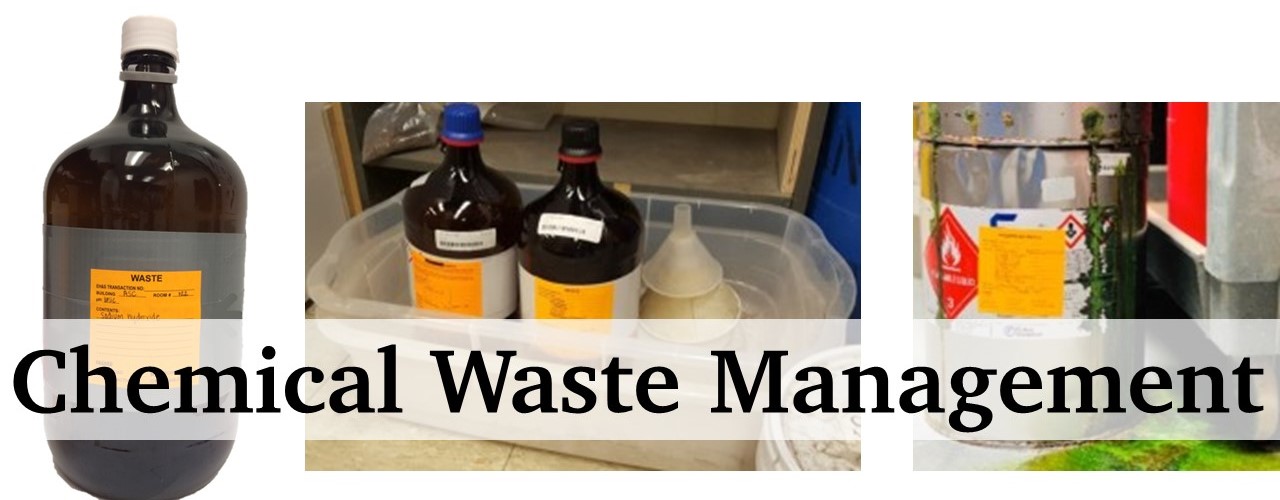Improper disposal of hazardous waste poses significant risks to public health, creating a crisis that demands urgent attention. As industrialization accelerates and technology advances, the volume of hazardous waste generated globally continues to rise. When not handled and disposed of properly, these hazardous materials can contaminate air, water, and soil, leading to severe health consequences for communities. Organisations like Cleanco Waste Treatment work for the proper disposal of hazardous waste.
This article delves into the public health concerns arising from improper hazardous waste disposal. Also, emphasises the critical need for stringent regulations and community awareness.
Public Health Concerns
Improper disposal methods, such as dumping hazardous waste in landfills or water bodies, result in toxic substances seeping into the environment. This contamination can lead to various health issues, including respiratory problems, skin disorders, and even life-threatening conditions such as cancer. Children and the elderly are particularly vulnerable, as their immune systems may not effectively combat the toxins.
One of the most alarming consequences of improper hazardous waste disposal is water pollution. When hazardous waste infiltrates water sources, it contaminates drinking water supplies and agricultural irrigation systems. Consuming contaminated water can cause gastrointestinal diseases, neurological disorders, and reproductive issues. Moreover, aquatic life is severely affected, disrupting the ecosystem and the food chain.
Incineration of hazardous waste without proper filtration releases harmful chemicals and particulate matter into the air. These pollutants can be inhaled by nearby residents, leading to respiratory disorders such as asthma, bronchitis, and lung cancer. Prolonged exposure to airborne contaminants significantly diminishes the overall quality of life for affected individuals.
Beyond immediate health concerns, improper hazardous waste disposal can lead to chronic health conditions that surface years after exposure. Studies have linked hazardous waste exposure to cardiovascular diseases, developmental disorders in children, and compromised immune systems. These long-term impacts underscore the importance of preventing hazardous waste from entering our environment.
It is essential to recognize that improper hazardous waste disposal disproportionately affects marginalised communities. Low-income neighbourhoods often bear the burden of hazardous waste sites, leading to environmental injustice. Addressing this issue requires not only improved waste management practices but also social and economic reforms to promote environmental equity.
Improper hazardous waste disposal not only endangers the general public but also poses significant risks to the workers involved in waste management. Waste collection and disposal workers are exposed to hazardous substances daily, leading to occupational diseases and injuries. Without adequate protective gear and training, these individuals are at a higher risk of respiratory issues, skin diseases, and chemical burns. Proper disposal practices are essential to safeguard the health of these workers.
Certain hazardous substances tend to accumulate in living organisms, a process known as bioaccumulation. When animals or plants ingest contaminated food or water, these toxins accumulate in their bodies. When humans consume these contaminated organisms, they absorb concentrated doses of hazardous chemicals, leading to severe health issues. Preventing improper disposal is crucial to breaking this cycle and preventing bioaccumulation in the food chain.
Living in an environment contaminated by hazardous waste can have a profound impact on mental health. The constant fear of exposure, uncertainty about the future, and witnessing the adverse effects on family and community members can lead to anxiety, depression, and overall stress. Addressing the issue of improper waste disposal is not just a matter of physical health; it is also essential for the mental well-being of affected communities.
Improperly disposed hazardous waste can lead to environmental emergencies, such as chemical spills or leaks. Responding to these emergencies is challenging and often involves significant health risks for emergency responders. Rapid response teams must be equipped with proper training and equipment to handle these situations effectively, emphasising the need for preventive measures to avoid such crises.
In the age of globalisation, hazardous waste can cross borders, becoming a global health threat. Disposal practices in one country can affect neighbouring nations, leading to widespread health crises. Additionally, improper disposal can contribute to the emergence of new diseases, acting as breeding grounds for pathogens and contaminants. Addressing this issue requires international cooperation and stringent regulations to prevent global health emergencies.
Final Thoughts
The public health concerns stemming from improper hazardous waste disposal are multifaceted and deeply interconnected. From immediate health risks to long-term environmental impact, addressing these challenges demands a comprehensive approach. Governments, industries, and communities must collaborate to implement stringent regulations, invest in research and innovation, and raise awareness among the public. Hazardous Waste Treatment in al Ain is easily available. By doing so, we can mitigate the health risks associated with hazardous waste, fostering a healthier, safer future for all.




